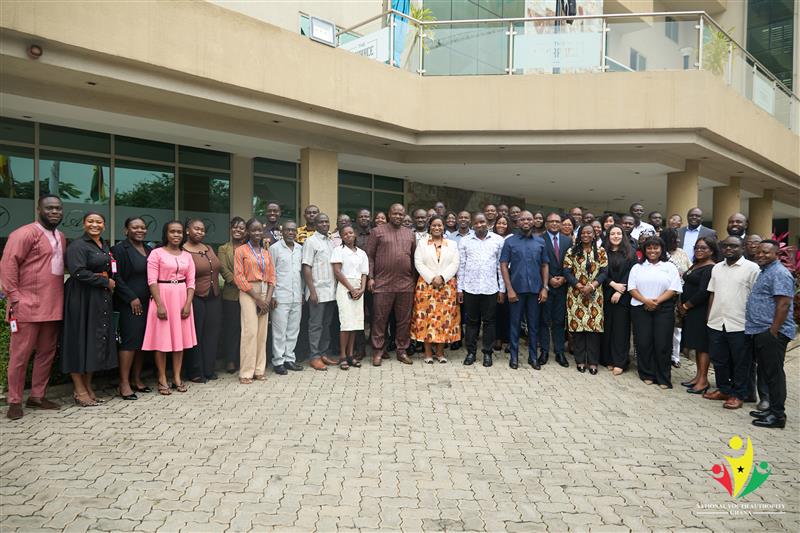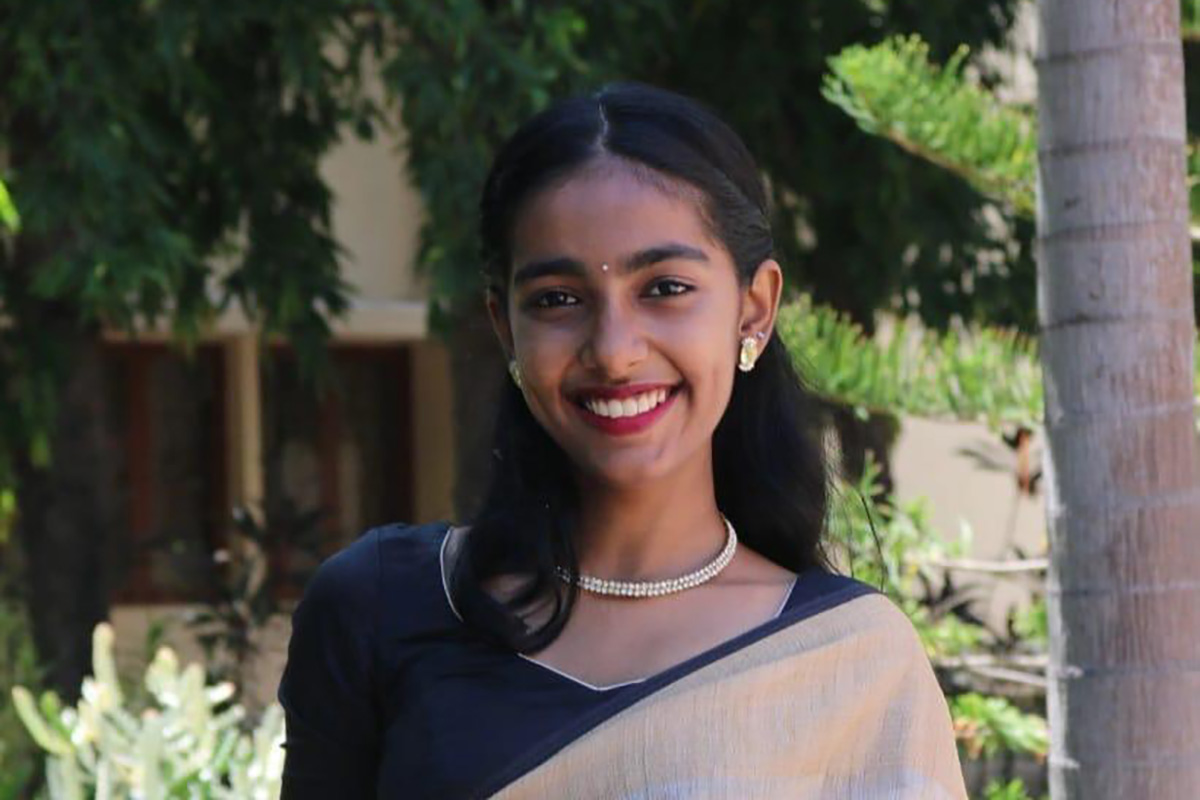Commonwealth delivers a technical training for Youth Development Officers in Ghana
November 24by Anamta Afsar, Youth Officer
The Commonwealth Secretariat’s Youth Team, in partnership with the Ghana National Youth Authority (NYA), and the Ministry of Youth and Sports, successfully delivered a two-day hybrid technical training workshop for youth development officers on 8-9 October 2025 in Accra.
The workshop, themed around the implementation of Ghana’s National Youth Policy (NYP), brought together more than 70 Youth Development Officers from across the Greater Accra Region for in-person sessions, while an additional 70 officers joined virtually from different parts of the country, marking a truly national capacity-building initiative. As the National Youth Authority (NYA) is the principal government agency mandated to promote youth development through various policies, programs, and initiatives, their effectiveness largely depends on the capacity and expertise of its Youth Development Officers (YDOs), who work directly with young people at the regional and district levels.
In his opening remarks, Mr. Osman Abdulai Ayariga Esq, The Chief Executive Officer of the Ghana National Youth Authority, underscored the importance of the Commonwealth’s long-standing partnership with Ghana in promoting youth empowerment. He stated:
“The training will empower you to become skilled facilitators who can engage diverse stakeholders and design cross-cutting interventions that address the whole young person, not just a single facet of their life”
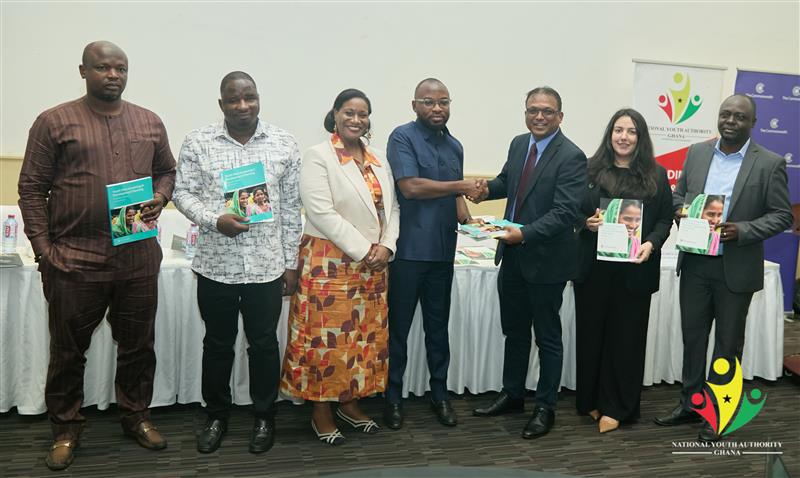
Strengthening Policy Implementation and Capacity
The workshop aimed to enhance the capacity of Youth Development Officers to translate Ghana’s National Youth Policy into impactful, community-level actions. It focused on equipping officers with the knowledge, tools, and competencies needed to deliver effective, inclusive, and sustainable youth development programmes.
The sessions covered key thematic areas, including:
- Understanding and implementing the Ghana National Youth Policy and its strategic objectives.
- Principles and practices of youth work and youth mainstreaming.
- Youth participation and engagement, fostering inclusive and youth-led initiatives.
- Emerging issues such as youth entrepreneurship, digital innovation, climate change, and mental health.
- Monitoring and evaluation (M&E) frameworks and the Youth Development Index (YDI) for evidence-based decision-making.
Participants also engaged interactive discussions, group work, and scenario-based exercises.
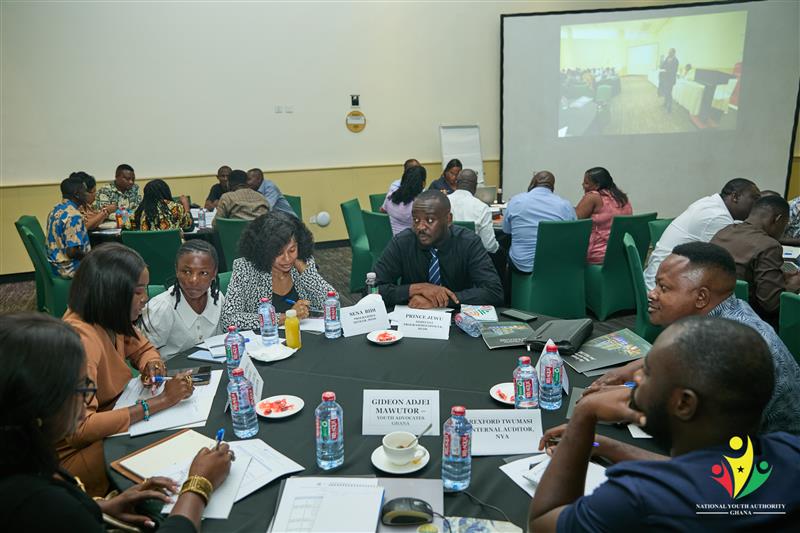
Empowering youth officers for transformative change
Speaking during the workshop, Mr. Sushil Ram, Youth Adviser, Commonwealth Secretariat, commended the officers’ commitment to collaboration and continuous learning. He stated:
‘This training is not just a learning exercise, it is a step towards establishing concrete actions to advance youth development in Ghana and beyond’
Additionally, Mr. Ahmed Bening Wiisichong, Secretary General of the Pan-African Youth Union emphasised that:
“The training will enable NYA to affect change at the grassroots level in Ghana by empowering officers with the tools and confidence to engage and mobilize young people in their communities.”
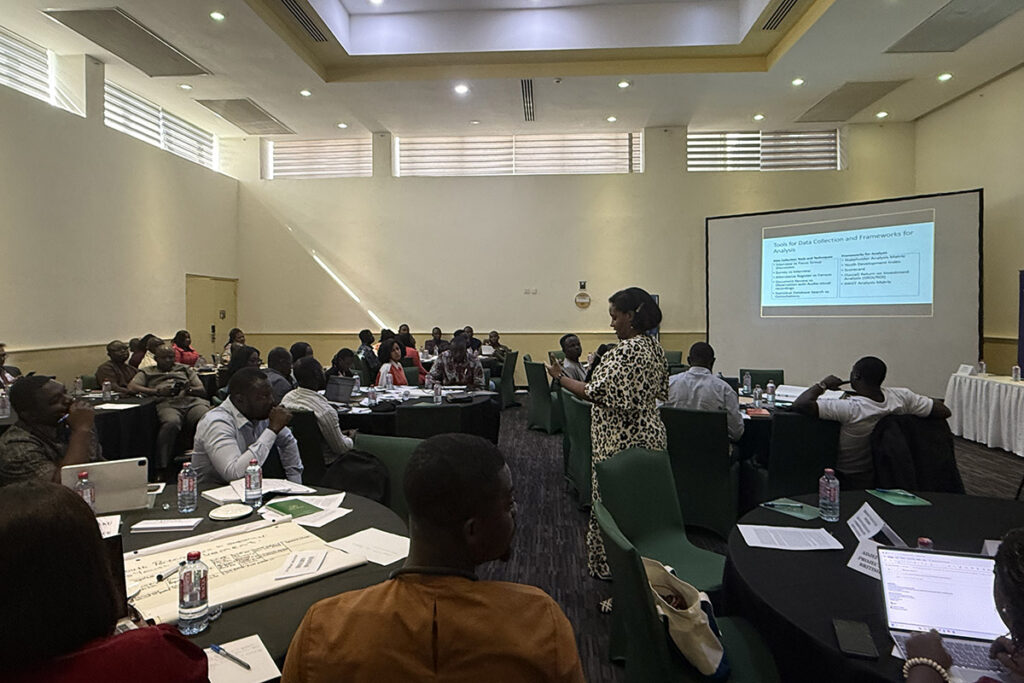
Outcome and way forward
By the end of the workshop, participants developed individual and team action plans outlining how they will apply the new skills and knowledge in their day-to-day work. The training also fostered a growing community of practice among Youth Development Officers to promote peer learning and collaboration across regions.
Key outcomes included:
- A cadre of well-trained and motivated officers with enhanced technical skills.
- Strengthened alignment of national programmes with the Sustainable Development Goals (SDGs)
- Increased coordination among youth development stakeholders and improved mechanisms for youth participation and leadership.
This initiative is part of the Commonwealth’s continued technical assistance to member countries, aimed at strengthening institutional frameworks for youth development. It underscores the organisation’s commitment to advancing inclusive and evidence-based policies that empower young people, amplify their voices in decision-making, and equip them with the skills and opportunities needed to realise their full potential.
